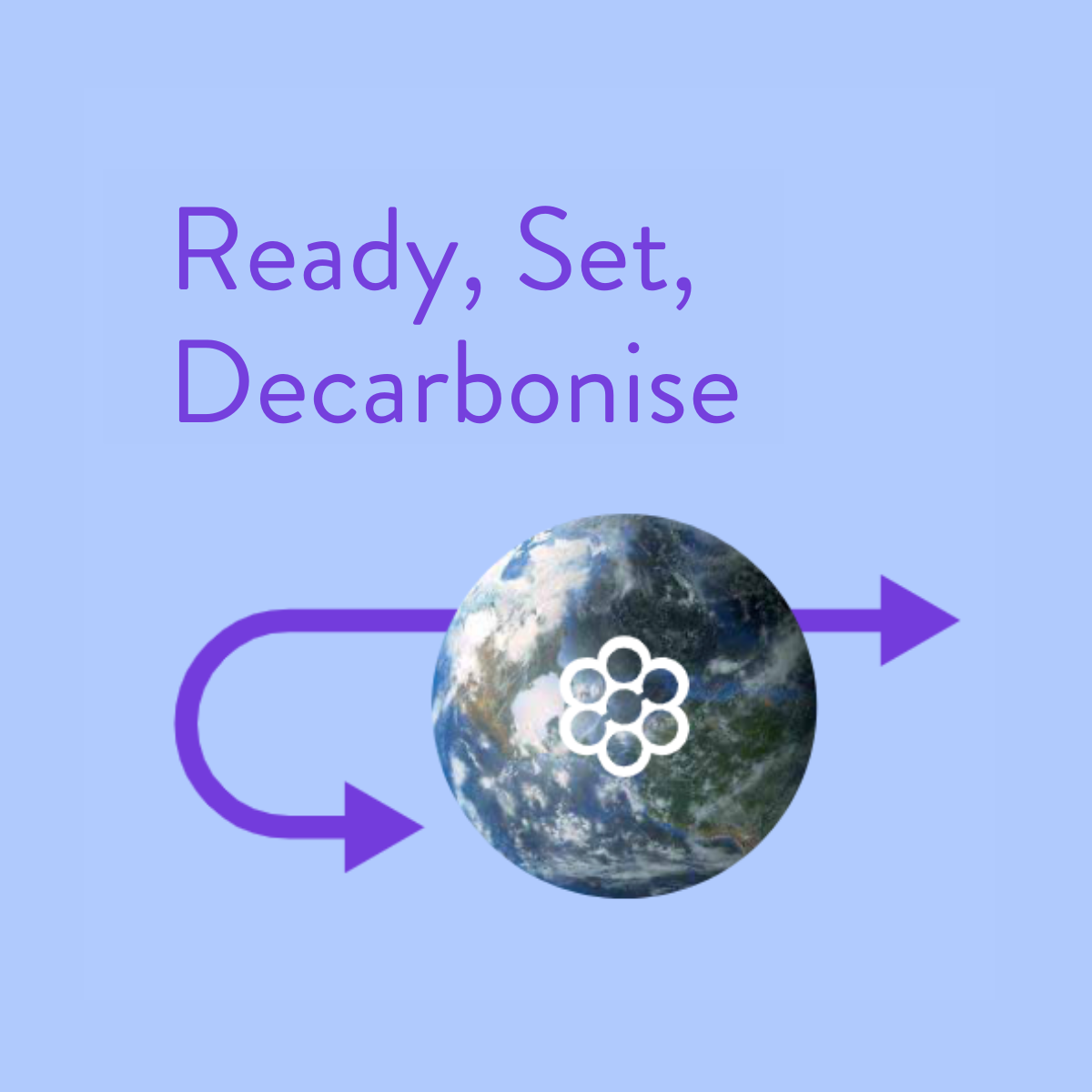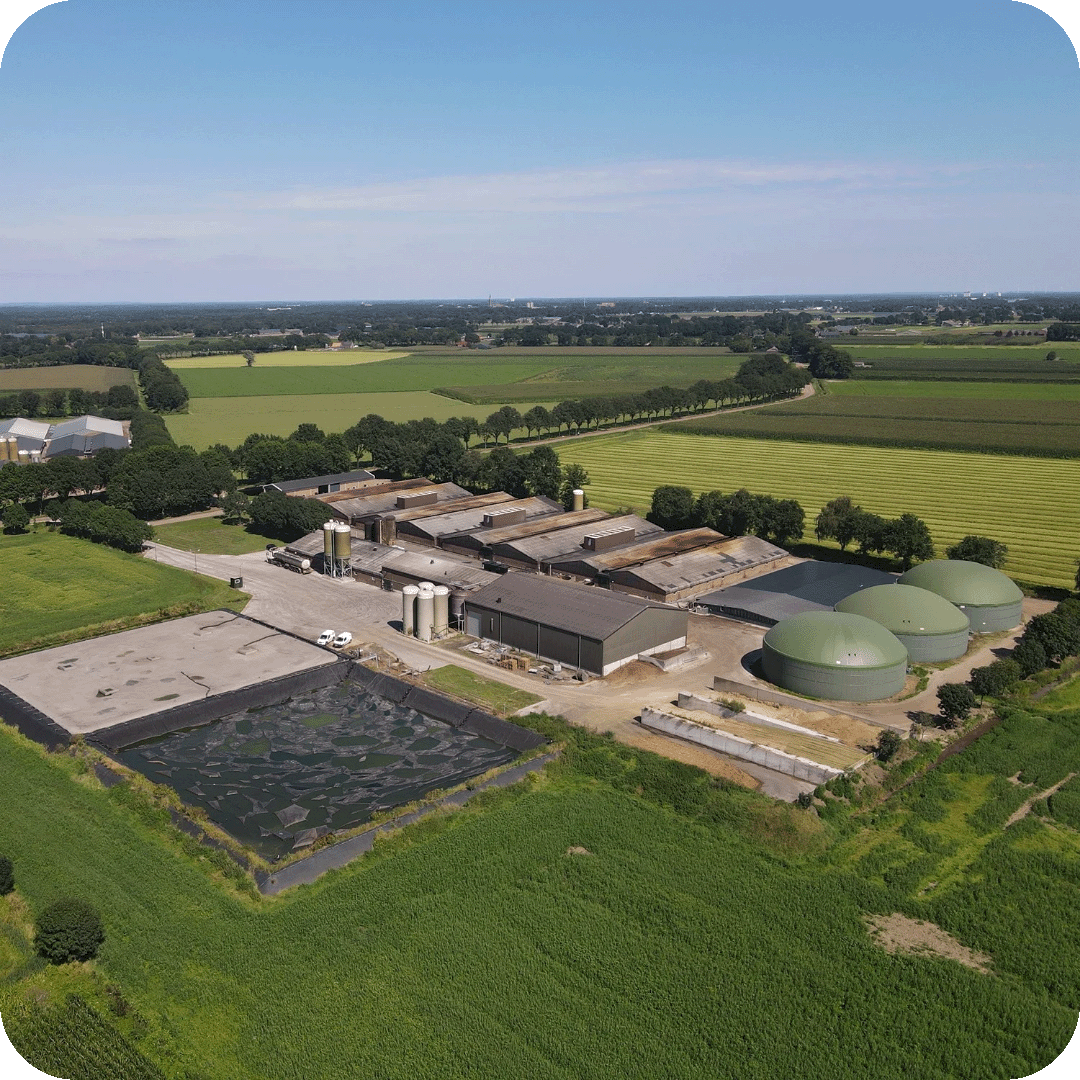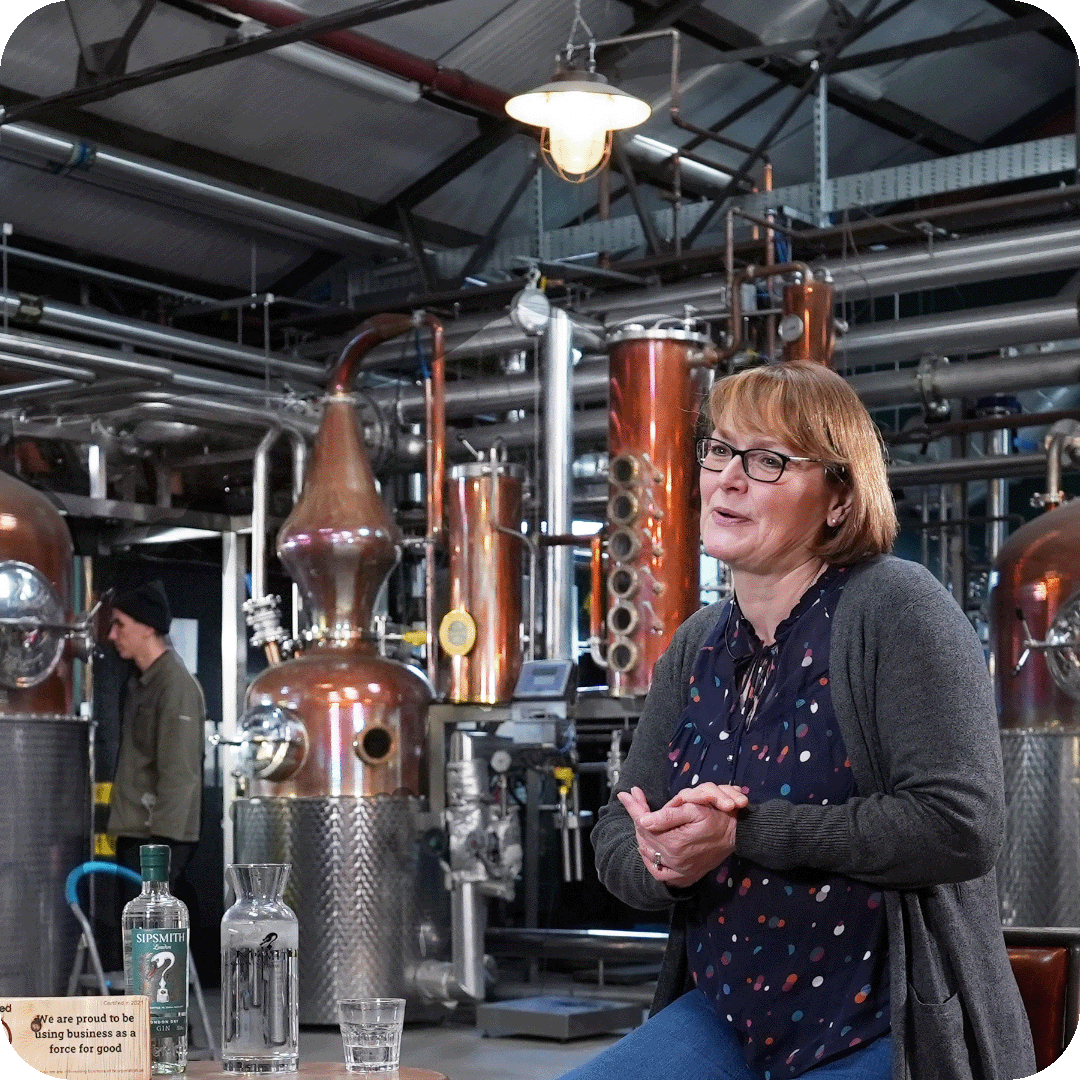
.png)
As we approach the quarter point of the century, we are more aware than ever of the colossal climate challenges we have created and now face as a planet. With this awareness, the need to tackle greenhouse gas emissions has taken centre stage. As a result, the decarbonisation industry was formed, focused on calculating, reducing, and offsetting greenhouse gas emissions within businesses.
In this blog, we'll explore the calculation, reduction, and offsetting of greenhouse gas emissions, and what this industry looks like.
You Can't Manage What You Haven't Measured
To effectively understand this landscape, it is crucial to cover a few key concepts. Carbon accounting serves as the foundation, using frameworks and protocols (like the widely adopted Greenhouse Gas Protocol) to measure and report emissions. These frameworks lay the groundwork for accurate carbon footprint calculations and allow for meaningful comparisons across organisations and sectors.
Dr. Toby Green, co-founder of MyCarbon, emphasizes the importance of accuracy and transparency in carbon footprint calculation:
"We have heard stories of some companies receiving carbon footprints that feel like a black box, with a number handed to them at the end without any methodology given. It is so important to have a clear methodology that companies can follow to ensure that their carbon footprint is accurate and comparable, as it forms the foundation of all subsequent emission reduction strategies."
From Intentions to Actions
Reduction strategies cover a diverse range of initiatives that can be specific to the needs and operations of any business and industry. These can include energy efficiency improvements, adoption of renewable energy sources, process optimisation, waste reduction, and supply chain optimisation.
It is essential for companies to reduce their greenhouse gas emissions as much as they can. However, the reality is that it's not always possible to eliminate all emissions, especially in the short term. That's where carbon offsetting comes in.
Ready, Set, Offset!
Carbon offsetting is a practice that falls within the voluntary carbon market, which provides a marketplace that allows individuals, organisations, and companies to purchase and sell carbon credits. Credits are used to offset, or compensate, for carbon emissions by funding carbon reduction or removal projects elsewhere.
When offsetting is pursued correctly, it provides an essential complementary solution to emission reduction strategies in the short to medium term; allowing companies to compensate for any greenhouse gas emissions they cannot reduce immediately. Carbon credit projects often seek to support local communities and ecosystems, so engaging with these providers allows businesses to do the same and contribute to UN sustainable development goals (SDGs).
When it comes to carbon offsetting best practice, it’s essential that companies fully understand the origin, cost and carbon integrity of the projects they are looking to engage with. However, determining whether a carbon credit project genuinely and effectively delivers its environmental promises can be challenging and difficult to ascertain. This is where third-party professional due diligence plays a crucial role. Eva Båsk, Head of GoodZero, highlights their commitment to credibility, saying:
"We recognise that not all carbon credit projects are created equal. Therefore, we developed GoodCriteria to further evaluate each project's specific impacts and its additional benefits before we accept it as a project we’re proud to offer clients. Through this, we hope to contribute to a robust voluntary carbon market that’s filled with confidence and trust."
Faster Together
There is a growing awareness of the importance of businesses to embark on their decarbonisation journey and take action. The journey begins with an accurate emissions calculation, followed by the implementation of reduction strategies, and offsetting unavoidable emissions.
MyCarbon and GoodZero’s collaboration offers businesses a powerful and seamless way to manage their impact and make a positive climate difference. Get in touch to find out how you can join in our mission to create a more sustainable and climate-resilient future.
More News and Blogs

GZ | News & Blogs | 03-06-2024
Reducing and offsetting – 3 reasons you should embrace both to reach your net-zero targets
Read this story
GZ | News & Blogs | 18-04-2024
GoodZero and CIRRO: Strategic Partnership for a Greener Tomorrow
Read this story
GZ | News & Blogs | 19-03-2024
A perfect fit : How Sipsmith aligns emissions offsetting with their core values
Read this story
Ready to explore
more?
more?







.png)